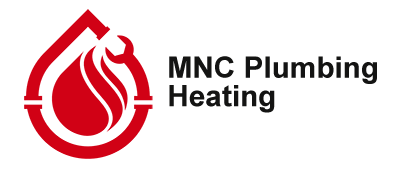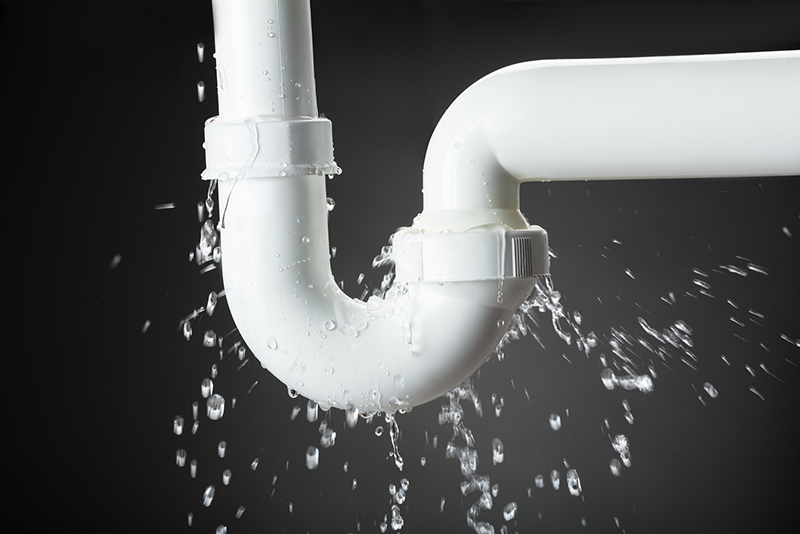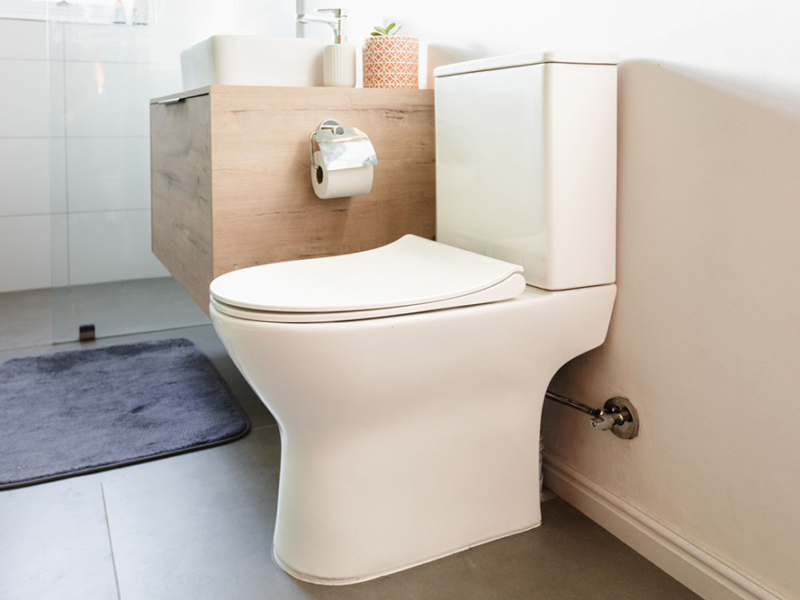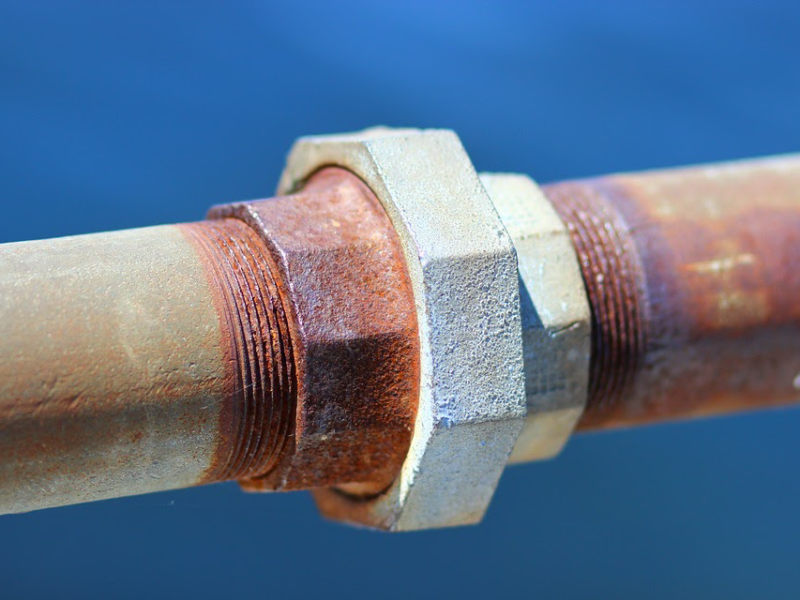Plumbing emergencies are the stuff of nightmares for homeowners. They can strike at any time, often when you least expect them, and they can wreak havoc on your home, leading to costly repairs and inconvenience. To help you be prepared for the unexpected, we’ve compiled a list of the most common plumbing emergencies and tips on how to handle them.
-
Burst Pipes
Burst pipes are a plumbing emergency that can cause significant water damage and disrupt your daily life. They can occur due to freezing temperatures, excessive water pressure, or old, corroded pipes. If you encounter a burst pipe, follow these steps:
- Shut off the water supply: Locate the main water shut-off valve in your home and turn it off to stop the flow of water.
- Open faucets: Open faucets to relieve pressure and allow any remaining water to drain out.
- Call a plumber: Contact a professional plumber immediately to assess the damage and make necessary repairs.
-
Clogged Drains
Clogged drains are a common plumbing issue that can quickly escalate into an emergency if left unattended. A clog can occur in sinks, toilets, or shower drains due to a buildup of debris, hair, soap scum, or foreign objects. To address a clogged drain:
- Avoid chemical drain cleaners: These can be harsh on your pipes and may not effectively clear the clog.
- Use a plunger: For sink and toilet clogs, try using a plunger to dislodge the blockage.
- Call a plumber: If your efforts don’t work, it’s best to call a professional plumber to safely and effectively remove the clog.
-
Water Heater Issues
A malfunctioning water heater can lead to cold showers and discomfort. Common water heater emergencies include leaks, strange noises, or a complete lack of hot water. When dealing with water heater problems:
- Turn off the gas or electricity: For safety, shut off the power supply to the water heater.
- Check for leaks: If there’s a leak, turn off the water supply to the heater and call a plumber.
- Call a professional: For other water heater issues, consult a plumber with expertise in water heater repair or replacement.
if you have a commercial building or office you might need to find a commercial boiler service rather than a regular gas safe engineer.
-
Sewer Line Backups
Sewer line backups can be a smelly and messy plumbing emergency. Signs of a sewer line issue include slow drains, gurgling toilets, and foul odors. If you suspect a sewer line problem:
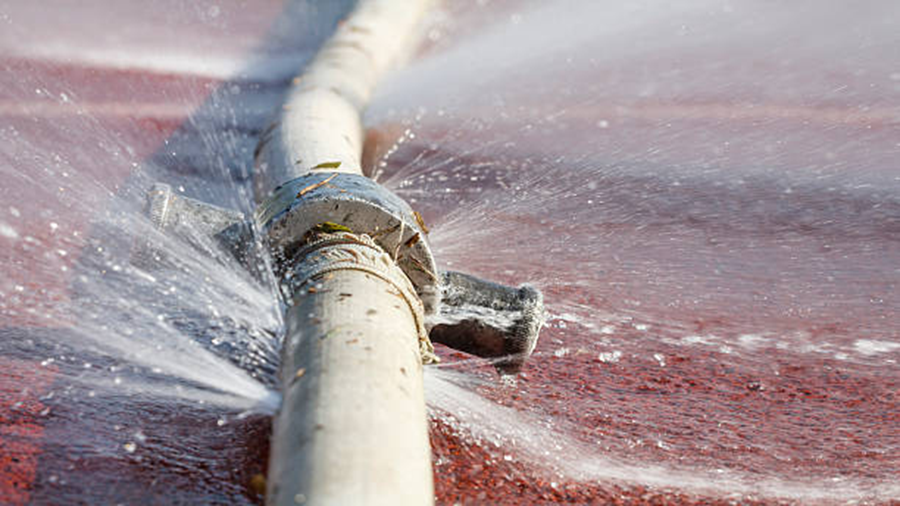
- Avoid using plumbing fixtures: Minimize water usage to prevent further backups.
- Call a plumber: Seek professional help immediately to assess and address the issue.
-
Leaky Faucets and Fixtures
While not as urgent as some other emergencies, persistent leaks can waste water, increase your water bills, and cause water damage over time. To deal with leaky faucets and fixtures:
- Turn off the water supply to the affected fixture.
- Depending on your DIY skills, you may attempt to repair the leak by replacing washers or cartridges.
- If the issue persists, or if you’re unsure about repairs, consult a plumber.
Plumbing emergencies are inconvenient and often expensive, but with the right knowledge and quick action, you can minimize the damage and get your plumbing system back in working order. Always have the contact information for a reliable plumber on hand, and consider regular plumbing maintenance to prevent emergencies in the first place. Being prepared and knowing how to respond to common plumbing emergencies can save you time, money, and stress when the unexpected occurs.
